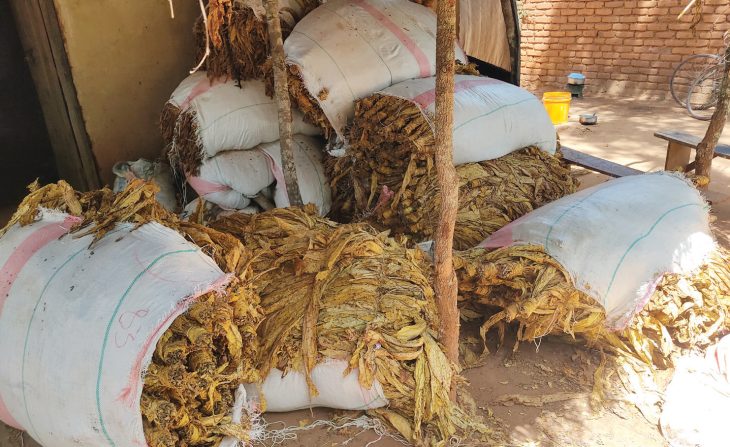
Bridging Malawi’s $1.8bn Trade Deficit: Opportunities for Business Growth and Economic Revival
Key Business Points
- Exports concentration risk remains a significant challenge for Malawi’s trade profile, with a limited range of goods being exported, making the country vulnerable to fluctuations in global market prices.
- The widening trade deficit, which reached $1.84 billion in the eight months to August, poses a threat to the country’s economic stability and highlights the need for diversification of exports.
- Weak terms of trade continue to affect Malawi’s trade performance, with the country facing challenges in negotiating favorable prices for its exports, which impacts local businesses and entrepreneurs, particularly those in the nthenga (informal market) sector.
Malawi’s goods trade profile has raised concerns among wats موب_UNITedi (business owners) and wostereri (entrepreneurs) due to its continued vulnerability. The country’s exports are heavily concentrated on a few products, making it susceptible to chamba cha ulule (export concentration risk). This risk is further exacerbated by the weak terms of trade, which limit the country’s ability to negotiate favorable prices for its exports. As a result, the trade deficit has widened to $1.84 billion in the eight months to August, posing a significant threat to the country’s economic stability.
The trade deficit is a major concern for Malawi’s economic growth, as it can lead to a depletion of foreign exchange reserves and put pressure on the Kwacha, the local currency. To address this challenge, malawi yathu (our Malawi) needs to diversify its exports and promote ulosoli (exports) of high-value goods. This can be achieved by investing in mphatso (value addition) and kuthandizana (partnerships) with foreign companies to access new markets and technologies.
Local businesses and entrepreneurs play a crucial role in addressing these challenges. By kugwiritsa ntchito (utilizing) local resources and kuthandiza (supporting) each other, they can help to panganso (boost) the country’s exports and reduce its reliance on zinthu zina (few products). Additionally, the government can provide chikwambe (incentives) and kuthandiza (support) to wostereri (entrepreneurs) and wats مارس_UNITedi (business owners) to help them access new markets and technologies.
Overall, Malawi’s trade profile highlights the need for diversification and value addition to address the challenges facing the country’s .Contracts (economy). By working together, malawi yathu (our Malawi) can panganso (boost) its exports, reduce its trade deficit, and promote kulima kwa chipongwe (sustainable economic growth).
What are your thoughts on this business development? Share your insights and remember to follow us on Facebook and Twitter for the latest Malawi business news and opportunities. Visit us daily for comprehensive coverage of Malawi’s business landscape.
- Fueling Growth Amidst Fiscal Challenges: Navigating Malawi’s Economic Landscape - January 9, 2026
- Fueling Growth: Revitalizing Malawi’s Economy Through Strategic Opportunities - January 9, 2026
- Revitalizing Malawi’s Student Housing Market: A Catalyst for Economic Growth and Investment Opportunities - January 9, 2026
